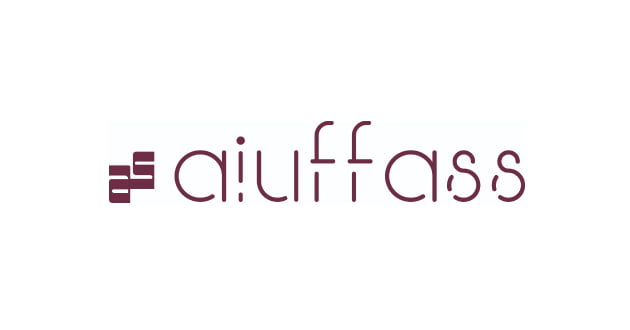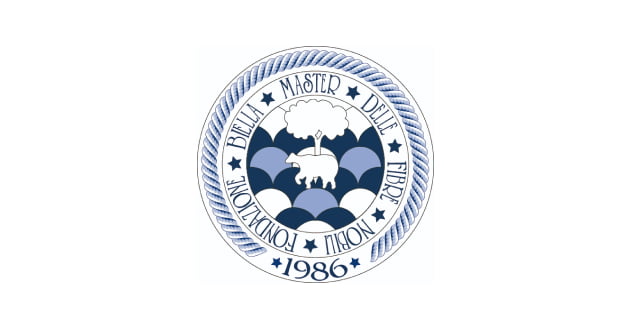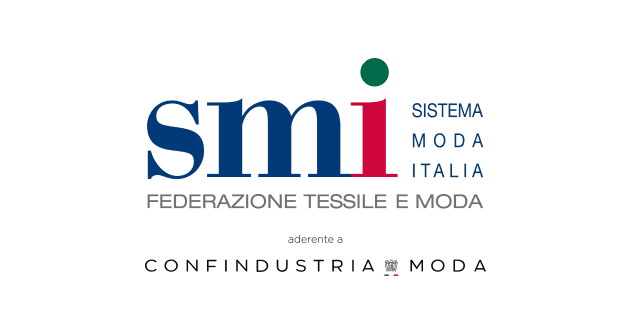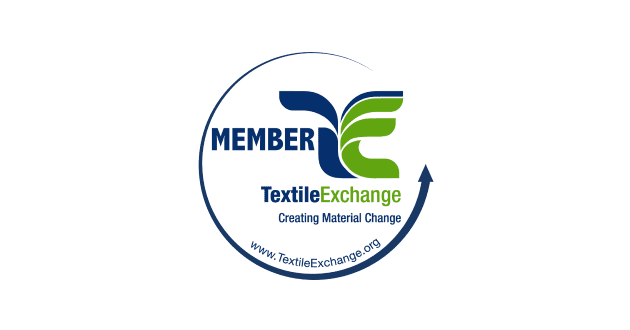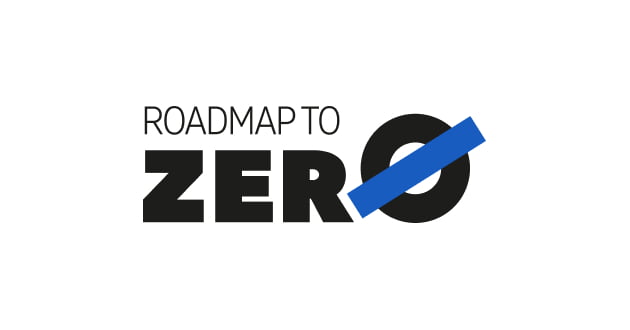Society
We collaborate with various stakeholders to realize a sustainable society,
pursuing both solutions to societal issues and economic gains.
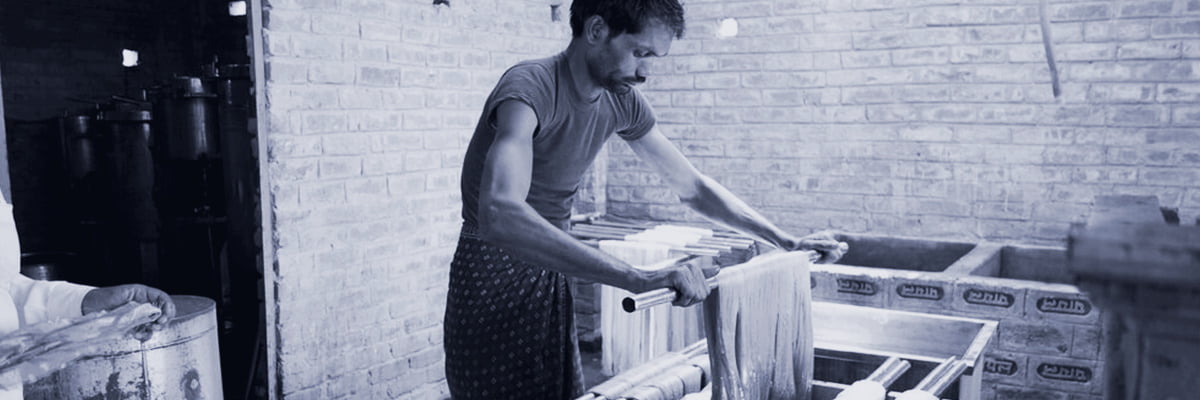
For the sustainable development of the Indian textile industry
Bemberg™ has been popular in India for over 40 years as a fiber for traditional costumes such as sari and dupatta, and we continue developing new technologies and proposing new fabrics so that people can wear dresses that are more comfortable and beautiful. Through technical support and industry-academia for stakeholders in the supply chain, from the raw materials to final products, we are also working toward goals such as raising the income of workers and helping women have greater opportunities for advancement in society. These activities gained recognition, and we participated in the Business Call to Action (BCtA) led by the United Nations Development Program (UNDP) started in 2016.
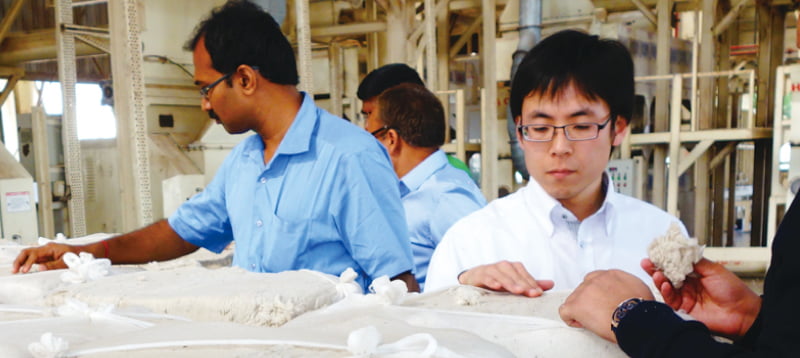
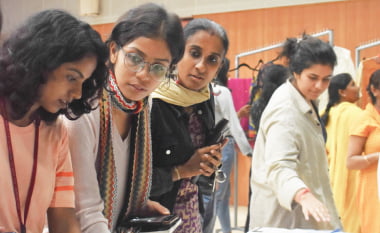
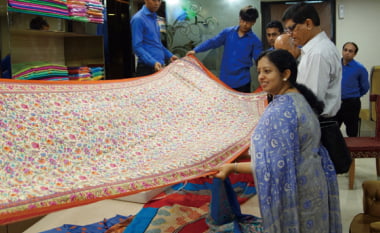
Initiatives in the Republic of Mali
Support Project for Women Dyers
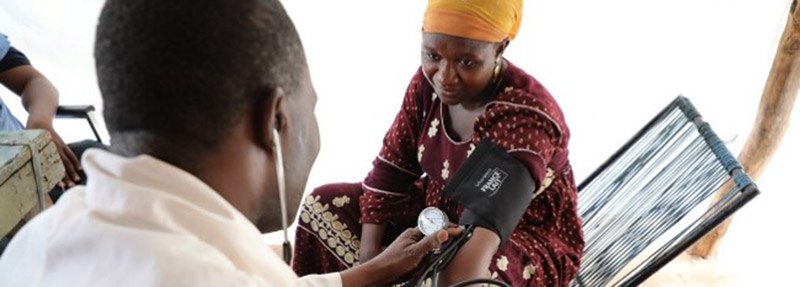
and supporting the development of a sustainable industry in the Republic of Mali.

